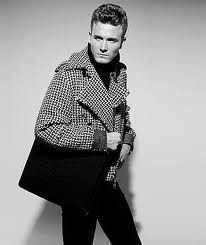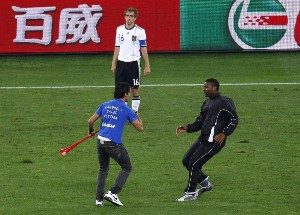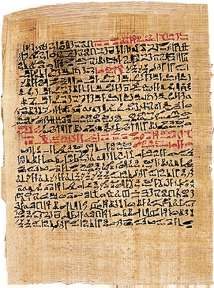In general terms, the word mentor designates that person who exercises the function of advising or guiding another in some aspect and who is in a position to do so because experience or their knowledge in this regard endorse it and place it in that superior place. and guide.
On the other hand, a mentor will also be considered a person who teaches another a skill, subject, among others and then supports it, supports them in entering the field in which they will carry out the art or practice learned, that is, that of some direct or indirect way opens the doors of that area for it to develop.
Most likely, the person who exercises the role of mentor occupies a very prominent and prominent place in the field in which they work, that is, generally a mentor is also a leader in their metier and is unanimously recognized as such.
Meanwhile, among the most distinctive skills that a mentor should display in order to be considered by others as such are the ability to communicate, the willingness to provide advice, the transmission of knowledge and experiences in a clear and precise way, and the ability to reach out to that other to effectively transmit knowledge, advice and that the other recognize in him his role as a mentor.

A mentor only with his presence and support will provide the other who recognizes an important range of virtues in him, the strength and the certain possibility of achieving success.
In the artistic world, although obviously it is not reduced only to him, it is very common to find the figure of the mentor, generally in the figure of some consecrated artist, who, thanks to his remarkable career, makes other artists not yet consecrated or conveners approach to him in the search for support, promotion and teachings and then end up being something like a kind of artistic children of this that will help them to succeed in their art.
Meanwhile, these artistic children usually express absolute devotion and admiration for their mentor, and of course, also gratitude for that permission to be close to him and allow them to learn from him.
Some professions and trades, such as the one already mentioned of actor, are characterized by the presence of mentors, teachers, putting them in more popular terms and it is precisely these who teach the activity and who also ensure that their students are integrated into the environment with their support and sponsorship.
It is even very common for the media, critics and the press to recognize them as successors to their mentor because of the symbiotic relationship that mentors tend to create with their students.
In history we find countless mentors, who in various arts, sciences and practices were notable and recognized mentors of personalities and figures who also managed to stand out and in much of this they had to do with the teachings of their mentor.
One of the most important and ancient examples is that of the Greek philosopher Aristotle who is credited with having been a mentor to Alexander the Great, one of the most notable kings and authorities of classical antiquity. His father Philip II, whom he succeeded to the head of the Macedonian throne back in the three hundredth century BC. He taught him military tactics and strategies, while he gave one of the most important philosophers of that time, Aristotle, the intellectual training of his son Alexander.
The enormous teaching that he received from both mentors, his father, on the military and political level and on the intellectual level of Aristotle, allowed Alexander the Great to go down in the history of mankind as one of the greatest politicians and of those who greatest transformations and advances achieved.









